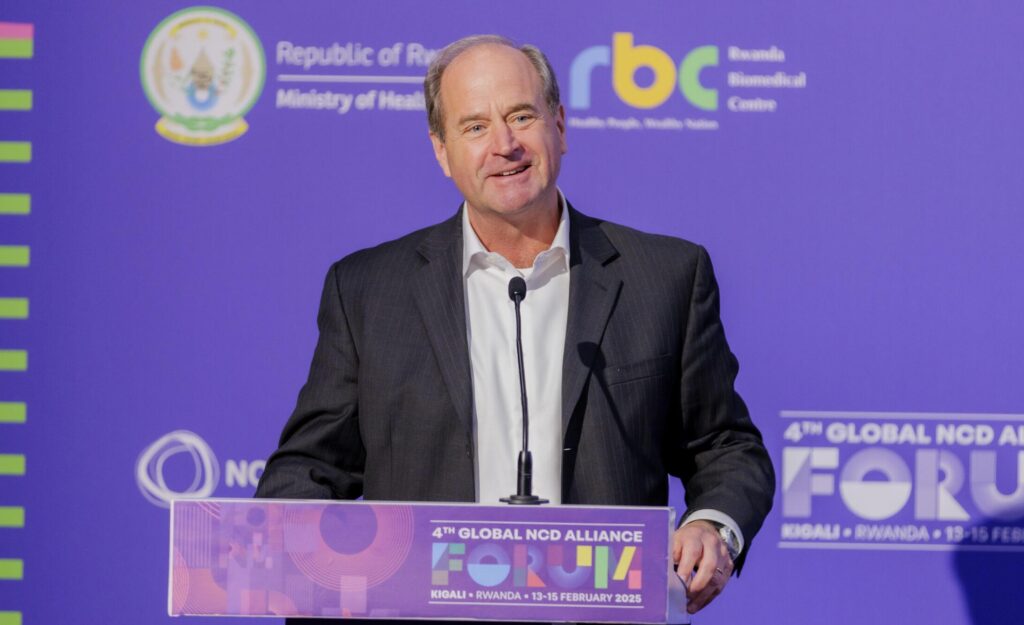
By Herb Riband, Director, Access Accelerated
We are halfway through 2025, and recent global health developments continue to underscore how quickly needs and priorities can shift. What began as a critical year for advancing noncommunicable disease (NCD) responses took on new urgency with the unexpected withdrawal of external development assistance for health. Two years ago, when we began working with partners to rethink how countries could best be supported in responding to NCDs, we saw a clear gap in health financing for NCDs. Today, that gap has become one of the defining challenges in global health.
This context shaped our renewed technical partnership with the World Bank and the launch of the Financing Accelerator Network for NCDs (FAN), in collaboration with Results for Development (R4D). FAN is rooted in a core belief: sustainable progress depends on solutions developed with and by countries, not for them, in collaboration with global, regional, and local partners.
What we’re learning on the ground
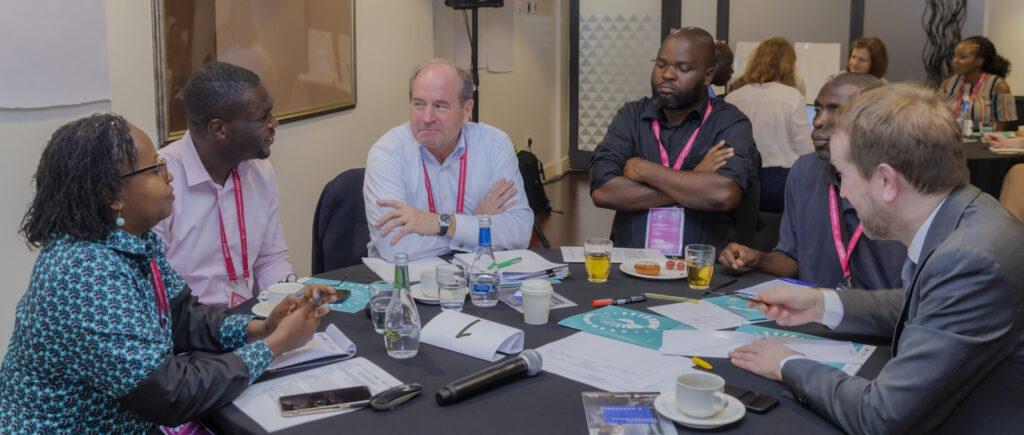
First FAN-led regional workshop in Kigali, Rwanda.
Over the past six months, our focus has been on deepening in-country engagement. We have listened extensively to government, civil society, and other local leaders to understand what is working, which constraints they face, and where support can be most impactful. The needs are diverse—shaped by different contexts and stages of development of health systems and health financing models.
In Kenya and Ghana, for example, the focus is on strengthening existing systems and addressing gaps. In contrast, during a recent discussion in Kampala with Somalia’s Minister of Health, we explored how the country could design health financing strategies for NCDs from the ground up after decades of responding to short-term health emergencies. These conversations affirm why FAN was designed as a flexible, demand-driven model. There is no “one size fits all” solution to improving health financing for NCDs.
Three insights have emerged from this first half of the year:
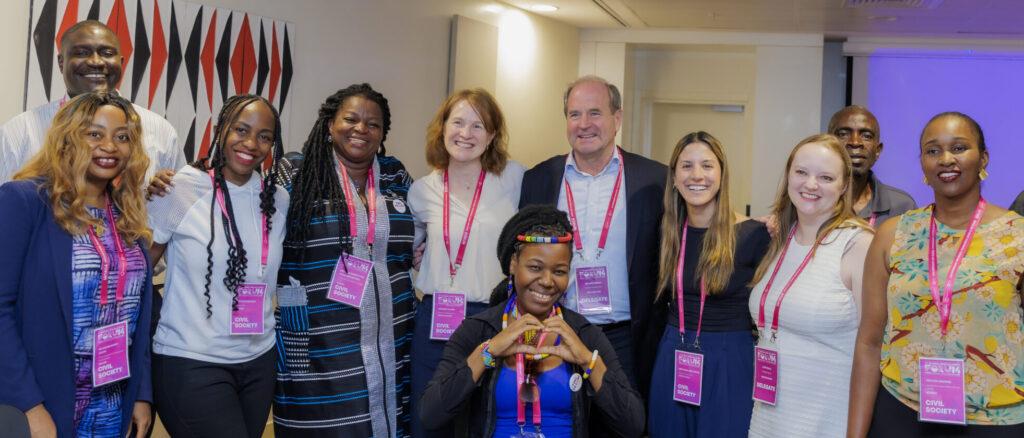
Participants of the FAN regional workshop held in Kigali.
First, in-person gatherings and exchanges—such as the Global NCD Alliance Forum in Kigali, the Coalition for Access to NCD Medicines & Products Annual Meeting in Kampala, and our sessions at the World Health Assembly in Geneva—have highlighted how much countries value exchanges with peers and other global and regional experts. These are opportunities where trust is built and experiences are shared in meaningful ways.
Second, FAN’s recent publications, including a landscape survey across six Sub-Saharan countries and a technical brief on innovative financing mechanisms, are helping to bring greater clarity to a complex and evolving space, while supporting country partners in identifying financing pathways that align with their specific needs and priorities.
Third, we have seen strong interest in FAN’s package of support to countries: technical assistance, peer to peer learning, and catalytic seed funding. This level of engagement demonstrates that countries are not waiting for solutions; they are actively interested in shaping them.
However, there is much more work to be done. The zero draft of the UN Political Declaration on NCDs and Mental Health provides important momentum, including its emphasis on sustainable financing and the role of primary care. Yet more clarity is needed on domestic resource mobilization and the reduction of out-of-pocket costs. We also need to pay closer attention to how funds are spent to maximize impact and efficiency, not just how much is spent. Most country health systems still lack visibility into how NCD financing flows through their various health institutions.
What’s next
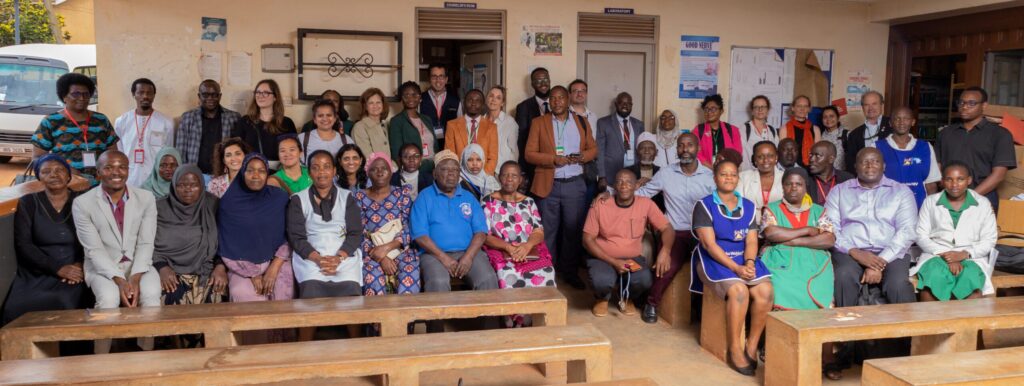
Attending site visit in Kampala, Uganda.
Looking ahead, we are preparing for a FAN-led country engagement workshop in Nairobi this August, hosted by FAN’s NCD Financing Accelerator host, the African Institute for Development Policy (AFIDEP), alongside R4D, to convene 6–8 countries for shared learning and agenda-setting. In September, the Fourth UN High-level Meeting on NCDs and Mental Health will be a critical opportunity for governments to align on concrete commitments. At the same time, we’re laying the groundwork to expand FAN into Latin America and the Caribbean, where momentum is growing. The readiness and interest we’re hearing from regional stakeholders are encouraging, and we’re beginning conversations with local institutions that could lead and shape this next phase.
Two years ago, our renewed technical partnership with the World Bank began with a a shared commitment to build on our past collaboration but do things differently. Today, we are moving from design to implementation, learning and adapting as we go. But real success will be measured by what impacts we can achieve on the ground. This is where our attention is focused.
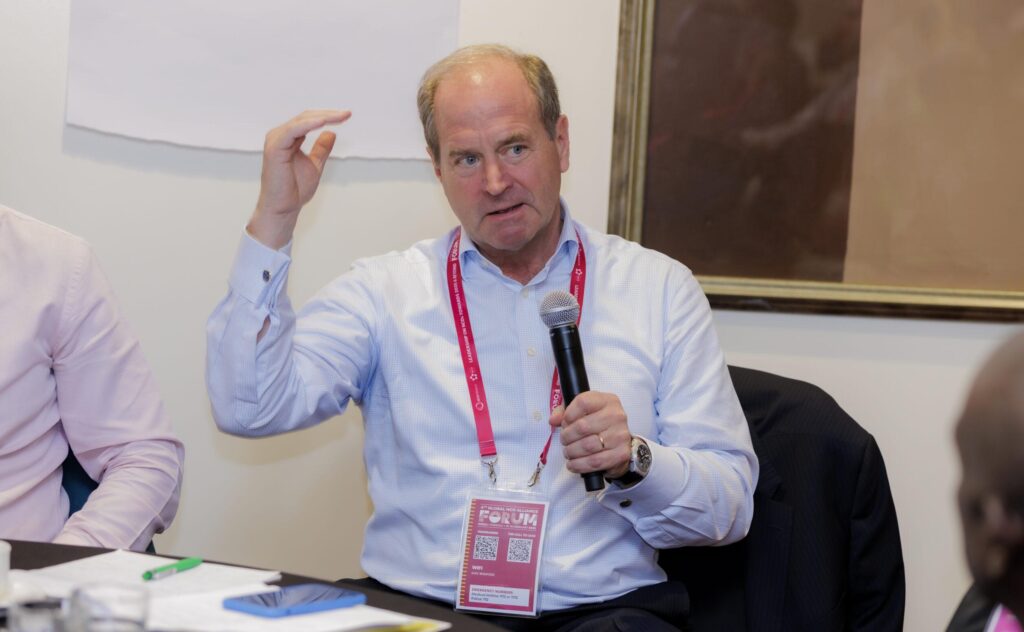
I am pleased that we have made meaningful progress. But reaching our ultimate goals—reducing preventable deaths from NCDs in low- and middle-income countries—will require sustained, cross-sector collaboration. As we look beyond Sub-Saharan Africa towards the Latin America/Caribbean and Asia-Pacific regions, Access Accelerated is seeking new partners to support this critical scale-up phase of FAN: private sector, civil society organizations, regional institutions, development actors, and others who share a commitment to strengthening how countries finance and deliver NCD care. If this aligns with your mission, we welcome the opportunity to connect.
As we build these partnerships, the task ahead is clear: deepen our collaborations, stay anchored in country needs and priorities, and work together to mobilize resources and invest more effectively and effectively.